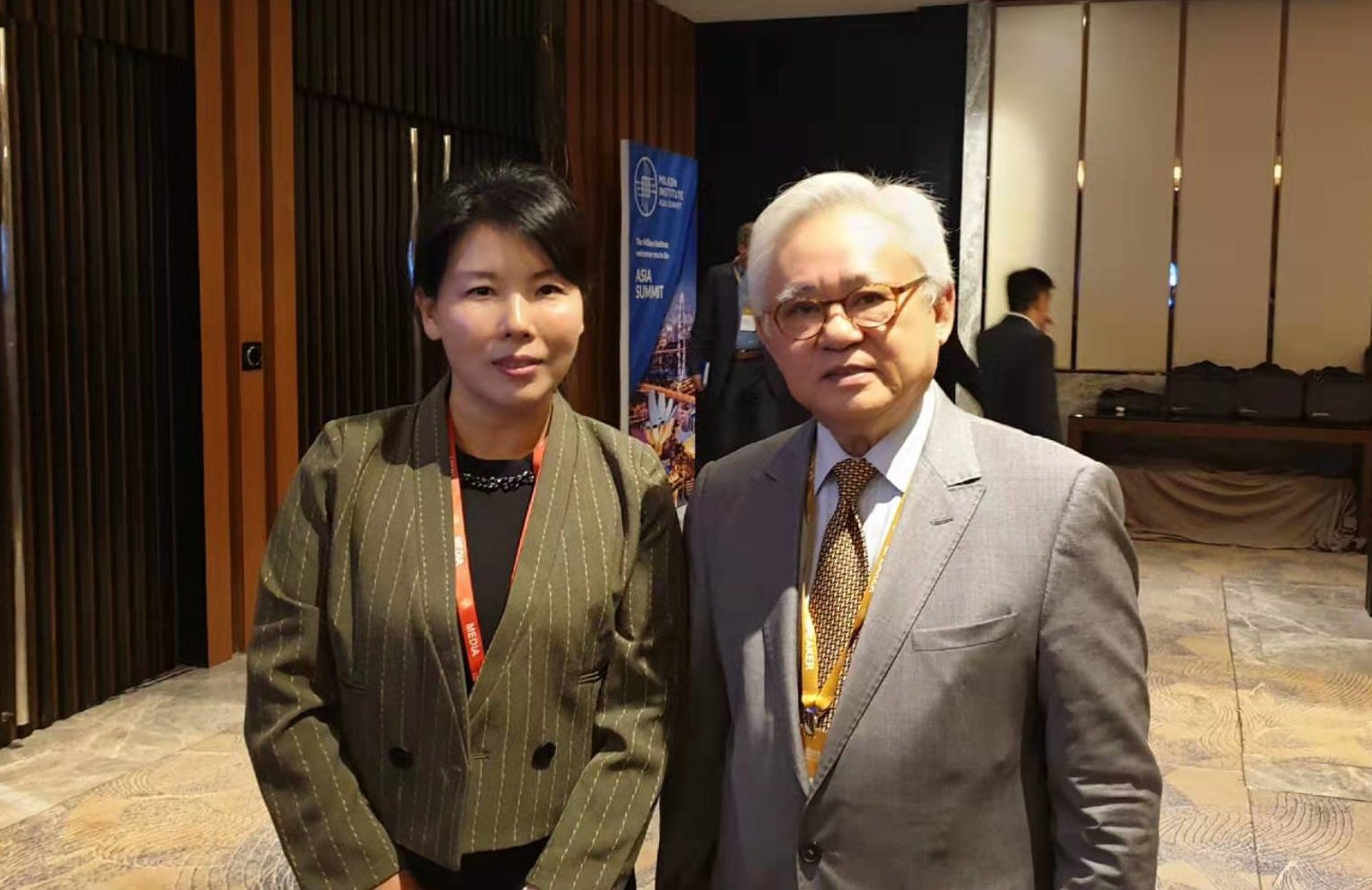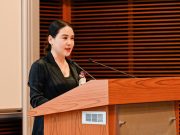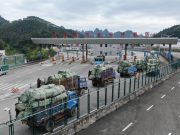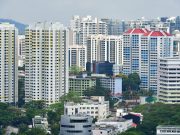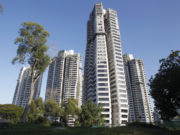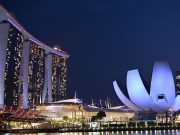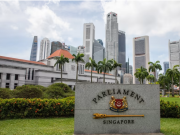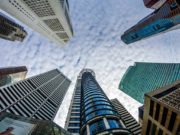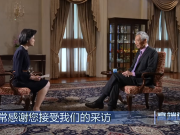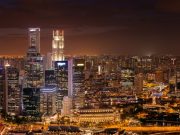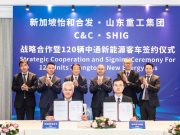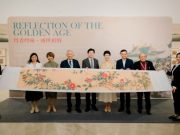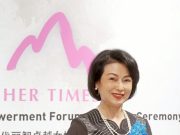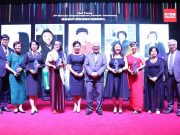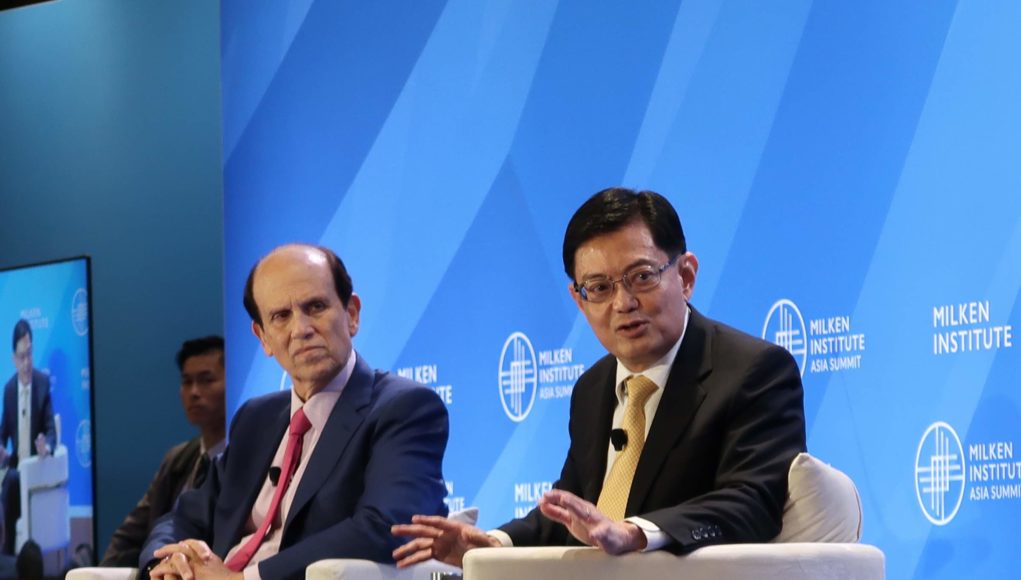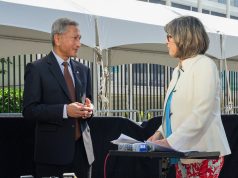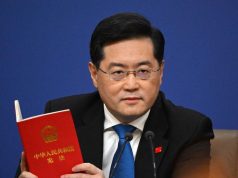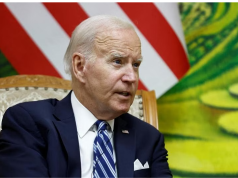From China’s opening-up policy to the future of Hong Kong, various China-related issues are being discussed in town by attendees of this year’s Milken Institute Asia Summit, including Singapore’s sole Deputy Prime Minister Heng Swee Keat.
The two-day conference, which is into its sixth year with this year’s theme “Asia at a Crossroad”, has drawn more than 1,500 business, academy and government representatives from the region.
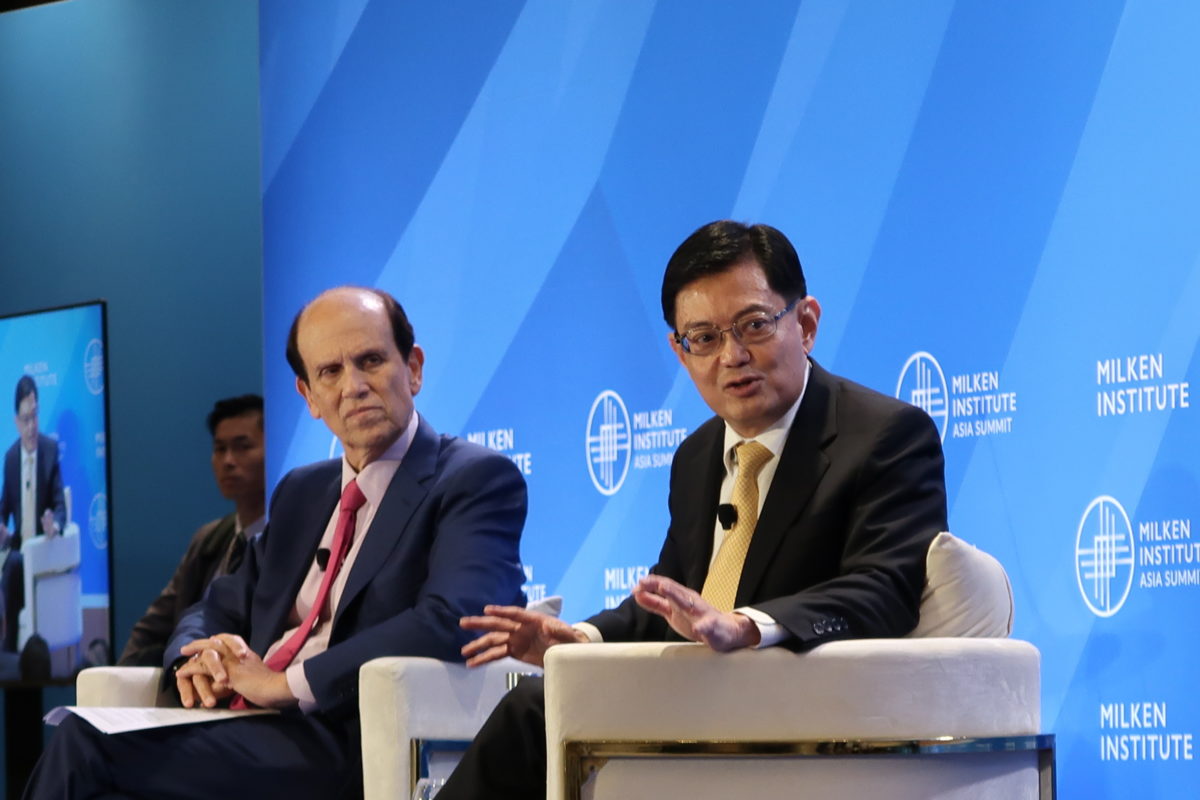
“After Deng Xiaoping’s 40 years of reform and opening up, enormous momentum has been created,” Heng, who is also the island country’s Finance Minister, said during a dialogue with think tank Milken Institute’s chairman Michael Milken.
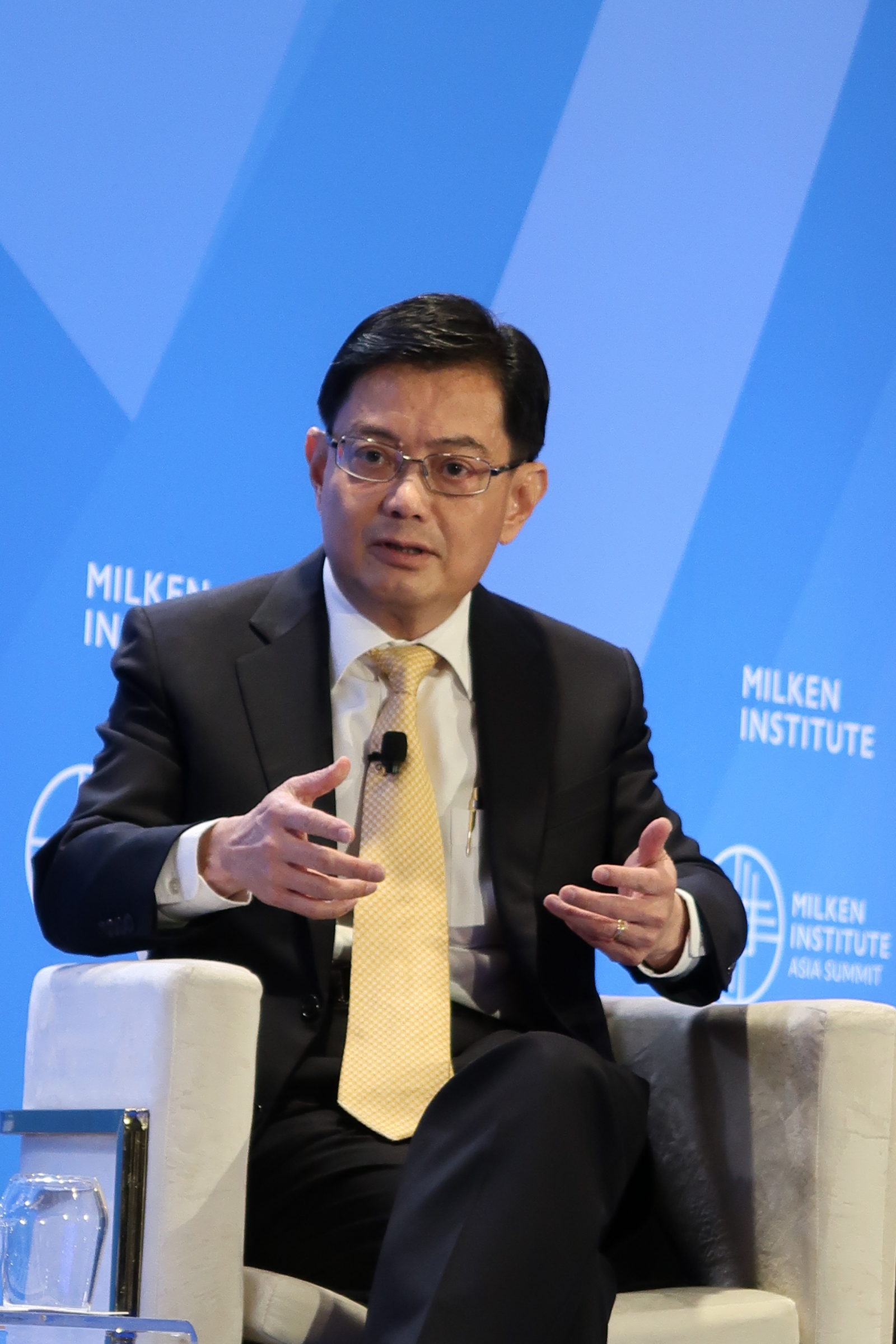
He said the region is doing more to deepen economic links and collaboration, citing ongoing talks on the Regional Comprehensive Economic Partnership (RCEP) as a major development. The regional trade pact led by ASEAN is being negotiated among 16 countries, which, besides China, include all 10 ASEAN members, Australia, India, Japan, New Zealand, and South Korea.
“This is not Fortress Asia. It is a way of catalyzing the multilateral system, to make sure that we continue to inject momentum into the Doha Round,” he said, referring to negotiations at the World Trade Organisation that have long stalled.
Hours before Heng’s speech, Kishore Mahbubani, a Distinguished Fellow of the National University of Singapore, and Ho Kwon Ping, Executive Chairman of Banyan Tree Holdings, held a heated exchange of ideas about Hong Kong in a panel discussion called “Redefining the Asian Dreams.”

The NUS distinguished fellow quoted US philosopher John Rawls’s theory that “the issue is not the inequality, but how inequality affects the bottom 10% of people”.
“In some societies, the bottom 10% (people’s GDP per capita) goes down, like in the US in the last 30 years. China has inequality, but the bottom 10% is going up,” he said.
He said when Tung Chee-hwa became Hong Kong’s first chief executive in 1997, he vowed to build 85,000 units of public housing a year. And he finally succeeded that plan by building 1.7 million units in 20 years. Unfortunately, that housing plan was blocked by the Hong Kong tycoons.
“That was a strategic mistake,” he said, noting that the bottom 10% of people in Hong Kong, as a result of that, have seen their GDP per capita going down in the past 30 years.
But Ho Kwon Ping, who lived in HK for many years and still visit the city every year, offered a different account of the problems in Hong Kong.
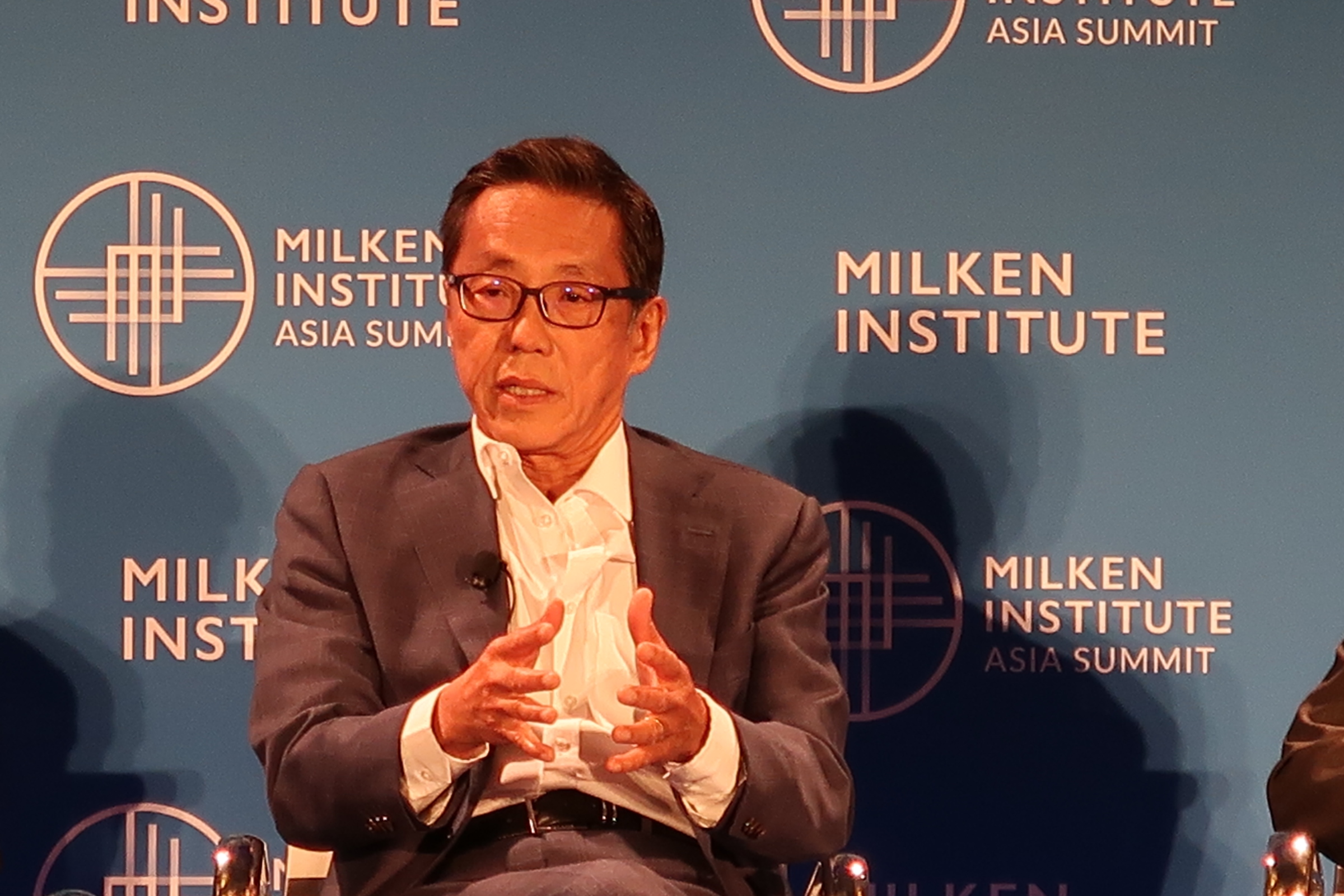
He said that the Hong Kong people are facing a challenge to normal life. That includes “simple joys of life such as getting married, getting a house and getting a prospect.”
“That is essentially the dream of everyone. If that dream cannot be fulfilled in HK or more dangerously in China, then we will see the real dangers,” he said, noting that the biggest obstacle of China at time moment is the massive corruption at local levels despite the country’s current anti-corruption campaigns.
Ho told Fortune Times that tourism in Hong Kong has come down by more than 50% and will go down further as a by-product of the social problem that Hong Kong is having today.
“Hong Kong has to solve much more fundamental problems than tourism. They have to solve the problems of inequality,” he said. As a Chinese himself, he thinks one of the big dreams of all people in China is to really be respected by the world.
He said China has a civilization of more than 5000 years but the past 200 years were humiliated by the Opium War and world wars. And now China is finally beginning to have its proper place in the world. And that scares a lot of other people in the world.
“China should be careful not to scare people about it… but it’s a true aspiration that China is beginning to have its place — something that the US should accept and recognize,” he said. But he still sees a huge prospect of tourism in China.
In another interview with Fortune Times, Serge Pun, Chairman of Myanmar’s Serge Pun & Associates, said any business in Hong Kong must recognize Hong Kong a part of China.
“If you don’t recognize Hong Kong as a part of China, you’d better reconsider your business in Hong Kong,” he told Fortune Times in fluent Chinese.
